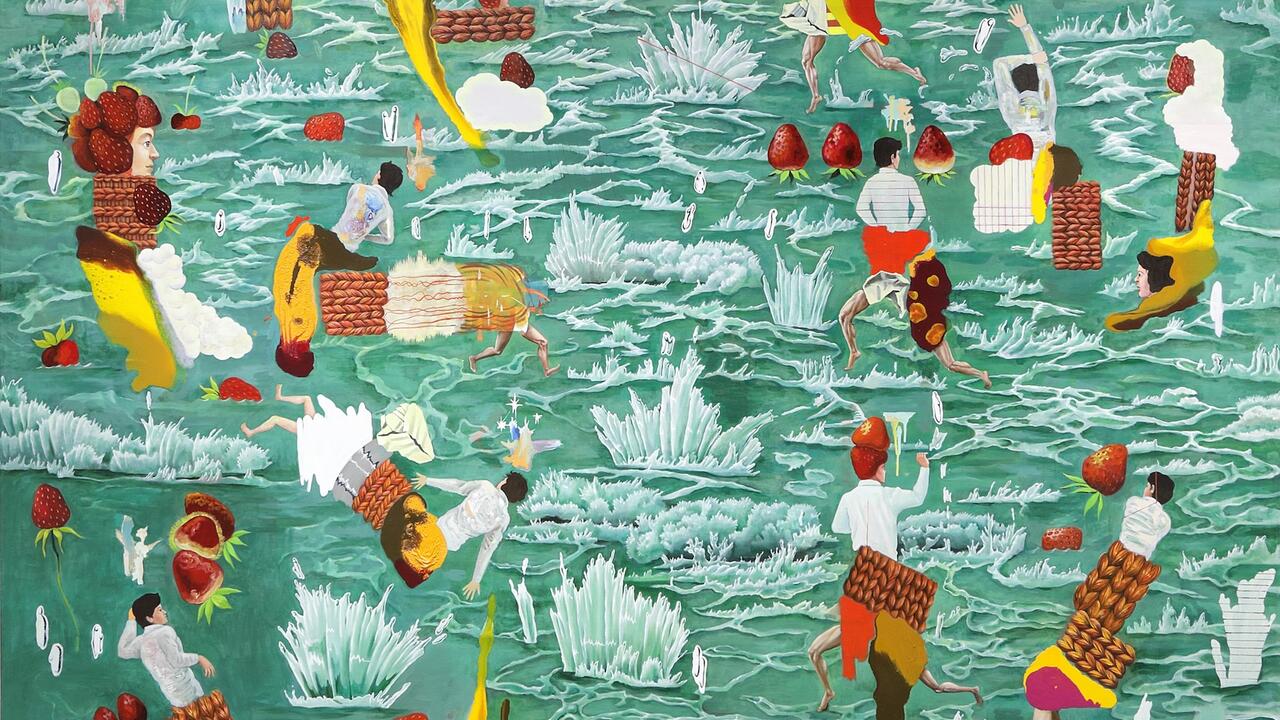The Complete Topic Recordings

After the early deaths of her parents Anne Briggs was raised in Nottinghamshire by an elderly aunt. When she was 15, so the story goes, she cycled with a friend to Edinburgh, where she met and stayed with Archie Fisher, a prominent Scottish folk singer, who introduced her to his friend Bert Jansch, only a year older than her. Briggs’ influence on Jansch and other key figures of the British folk revival of the mid-1960s was to be tremendous, and by the time she withdrew from the music scene in 1973 she had left an indelible mark on a musical genre that increasingly valued simple, ancient songs sung with feeling and conviction.
Briggs’ break came in 1962, when the Trades Union Congress formed ‘Centre 42’, a travelling group of politically engaged performers whose aim was to promote the growth of cultural activity outside London. When the tour passed through Nottingham, the 17-year-old Briggs auditioned with two songs learnt from local travellers and was immediately recruited to perform on stage that night. She left home to join the group shortly after. Her first recordings, two songs for Topic Records’ 1963 compilation of workers’ songs The Iron Muse, open proceedings on the reissue of her key early works The Complete Topic Recordings, which also comprises her first solo EP, Hazards of Love (1964), and her eponymously titled first album, recorded in 1972.
The songs from Hazards of Love are resolutely English, sung unaccompanied in her fervent and full-throated Midlands timbre. Laments to love lost, stolen or naively given away, they sound far wiser and wearier than one would expect from the mouth of a teenage girl brought up by a starchy aunt. But Briggs always was a wild one, epitomizing the late 1960s hippy ideals of fierce freedom and wilfulness. By this time she was living in a London squat with Bert Jansch; later she moved to Ireland, where she would travel by horse-drawn cart and earn money by singing in pub folk sessions. Stories have her pushing friends from haylofts and diving into the ocean at Malin Head to chase seals, but it was also an important time for her musically, as she absorbed the influence of Irish folk music, clearly felt on songs such as ‘The Cuckoo’. However, most of the songs from her 1972 album are adaptations or straightforward recitations of traditional English songs, and it is Briggs’ fluid and forceful delivery (occasionally coloured by Celtic tonalities) that makes them decisively her own.
A.L. Lloyd writes in his sleeve notes for the original album that ‘Getting Anne Briggs into a recording studio is like enticing a wild bird into a cage’; despite her energy and obvious talent she was painfully shy and hated the sound of her own voice. After her third, less successful album release she fled from the music industry to a Hebridean island, where she has remained ever since, leaving the world with a precious handful of songs whose power and vulnerability are only enhanced by their rarity.


















